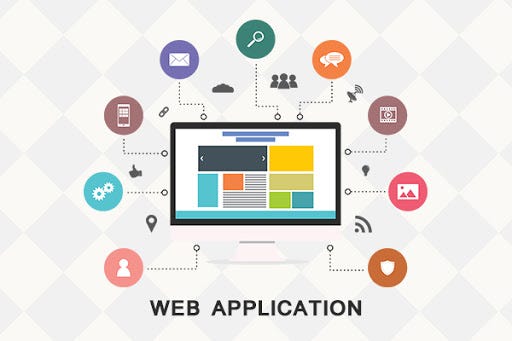The Ultimate Guide: Essential Tools to Build High-Quality Web Applications
Have you ever marveled at the beauty of a well-constructed website and wondered about the magic that goes on behind the scenes? Today, I'm going to pull back the curtain and give you an insider's look at the tools and technologies that help us create such digital masterpieces. From frontend to backend, and even the crucial DevOps, I'll walk you through the essential toolkit for building high-quality web applications. So, let's dig in!
Frontend Tools: Bringing the User Interface to Life
First impressions matter, and in the world of web applications, it's all about the frontend. The frontend is what users see and interact with, so it must be visually appealing and user-friendly. Here are the tools I swear by:
- React.js: Developed by Facebook, React is a JavaScript library that allows you to build beautiful, interactive UIs with ease. I've been using it for years, and it never fails to impress me with its performance and flexibility.
- Vue.js: If you're looking for a lightweight alternative to React, Vue.js is a fantastic option. It's easy to learn and packed with features that make developing dynamic interfaces a breeze.
Backend Tools: Where the Real Magic Happens
The frontend may be the face of your web application, but the backend is its heart and soul. Here's what I use to ensure everything runs smoothly behind the scenes:
- Node.js: This is a runtime environment that lets you execute JavaScript on the server side. I love how it allows me to use the same language for both frontend and backend development.
- Python/Django: Python is a powerful and versatile language, and Django is a high-level Python web framework that encourages rapid development. A great duo for any complex web application task.
DevOps Tools: Ensuring Smooth Sailing
DevOps is all about breaking down barriers between development and operations teams, and these tools help me do just that:
- Docker: This is a platform that packages your application and all its dependencies together in a 'container' to ensure it runs seamlessly in any environment. I can't tell you how much time and frustration Docker has saved me over the years.
- Jenkins: An open-source automation server, Jenkins helps automate parts of the software development process, making life much easier for developers.
Conclusion
Building high-quality web applications is a complex process that requires the right set of tools. I hope this guide has given you a better understanding of what these tools are and how they can help you in your web development journey. Remember, the most important thing is to choose the tools that best fit your needs and skillset. Happy coding!
